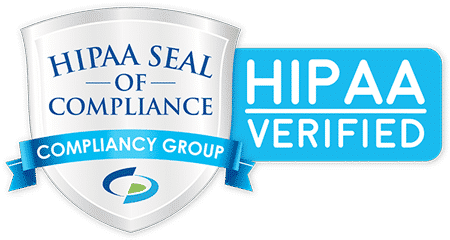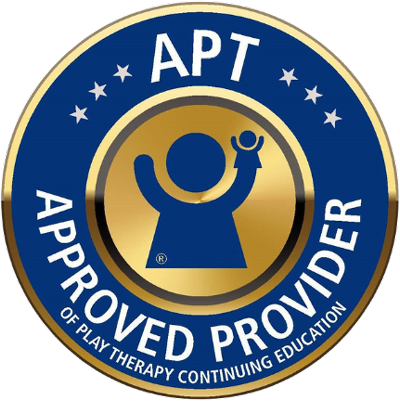STATE CERTIFIED ADULT DIALECTICAL BEHAVIOR THERAPY (DBT) FOR CORRECTIONS REFERRALS TO COMPLY WITH MN STATUTE, 518B.02
THE PURPOSE OF THE PROGRAM
MISSION
To help individuals in relationships engaged in domestic or intimate partner violence and abuse break free from the patterns and cycles through the use of evidence based behavioral and trauma approaches.
OBJECTIVE
To meet the participants where they are, build on their current skills, and teach tools that will assist them in managing the variety of life’s challenges.
GOALS
- To gain the ability to practice mindfulness across the range of life experiences
- To develop strategies to manage and tolerate stress
- To increase capacity to regulate emotions
- To increase effectiveness and satisfaction in interpersonal relationships
HOW DOES THE PROGRAM WORK?
Trained therapists use DBT to assist individuals to manage:
- Intense, out of control, emotions
- Chaotic, unstable relationships
- Impulsive and self-destructive behavior, including suicidal
- Substance use disorders
As participants move through the program, they are given the opportunity to receive reprocessing therapy, known as EMDR, to overcome effects of trauma and shame in their past in order to live life more abundantly.
DBT includes therapy that provides multiple treatment components:
1. Weekly Skills Training
- Interpersonal Effectiveness
- Emotional Regulation
- Distress Tolerance
- Mindfulness
2. Weekly Individual Therapy
This is the vehicle that drives the treatment. The therapy is structured, and problem focused. The participant/therapist team initially works toward stabilization of life and then toward personal growth.
3. Coaching Calls
This is an extension of therapy that is part of the comprehensive treatment package. It allows phone access to the DBT treatment team who will help in skills applications as needed, 24 hours a day.
WHAT ARE THE DETAILS?
- An initial phone interview is required to schedule orientation, gather information, and send out documentation requirements.
- You will be required to attend an orientation session, usually scheduled on an afternoon or evening during the week.
- A DBT certified and EMDR trained therapist will then meet with you to conduct the initial assessment and assign you to the appropriate group. This usually becomes your assigned therapist with whom you will meet on an ongoing basis; usually weekly.
- Groups meet weekly; once assigned to a group you will be asked to finish with that group.
- Fees or co-pays are paid weekly or up front. Insurance plans usually cover the cost of the program. Contact your insurance provider for details. If you do not have insurance our Navigators can help you set up an insurance plan if you qualify for one.
Contact us for further details:
952-898-1133 and ask for the Court Referred Program Director


